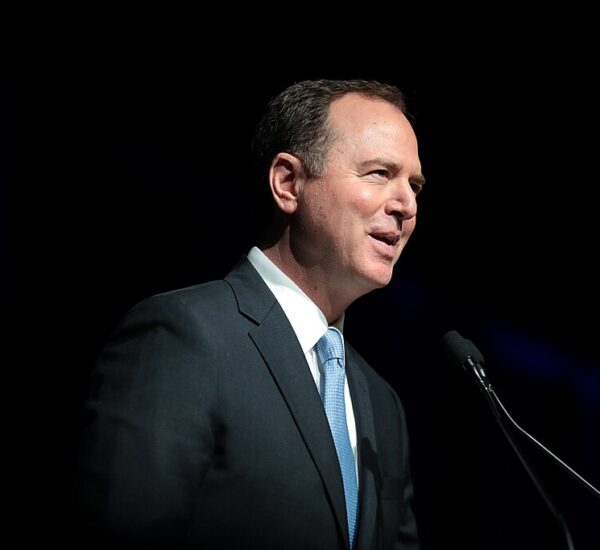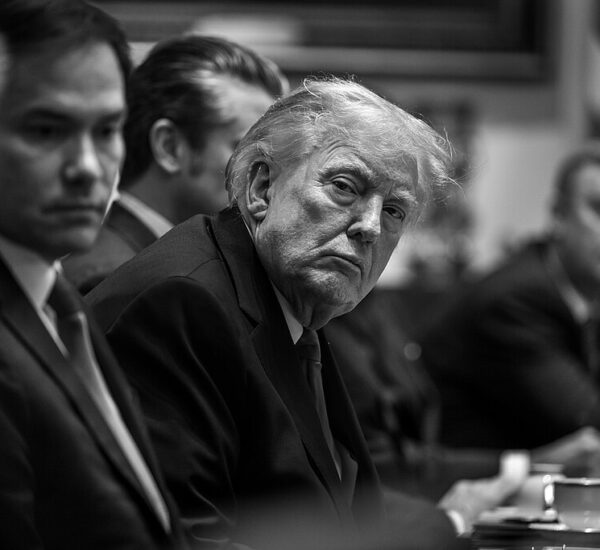Democrats Double Down On Tiktok
Senator Mark Kelly (D-Ariz.) recently spoke out about the looming threat of a TikTok ban in the U.S., acknowledging that the decision is a controversial one. However, he emphasized that the app presents a clear national security threat.
Speaking on Face the Nation with CBS News’s Margaret Brennan, Kelly acknowledged the disruption that could occur when the ban takes effect on January 19. “I know there are people who rely on TikTok for their livelihood,” Kelly said. “But when it comes to national security, we have to take this issue seriously.”
The TikTok ban follows a law passed by Congress last year, which received bipartisan support and was signed by President Biden. The law mandates that unless TikTok breaks its ties with its Chinese parent company, ByteDance, the app will be banned from U.S. shores starting next month.
TikTok has been actively fighting the ban in court, with the company appealing to the Supreme Court. The platform claims that a forced divestiture is impractical and could essentially render the app useless in the U.S. Noel Francisco, a former solicitor general representing TikTok, argued before the Court that banning the app would be a First Amendment violation, likening it to the government forcing Jeff Bezos to sell The Washington Post due to China’s influence over his other business interests in the country.
Despite these concerns, Kelly remains firm in his stance. He expressed deep worries about the app’s potential to influence public opinion, especially during times of geopolitical tension. “China could use TikTok to manipulate Americans, and that’s a risk we can’t ignore,” Kelly warned. “That’s why I supported this decision, and I believe the Supreme Court will uphold the legislation.”
For many Republicans, the threat posed by TikTok goes beyond just privacy concerns—it’s about safeguarding American sovereignty and ensuring that foreign adversaries cannot manipulate public opinion through technology. This ban could serve as a critical step in protecting national security, signaling a strong stance against Chinese influence in American digital spaces.






